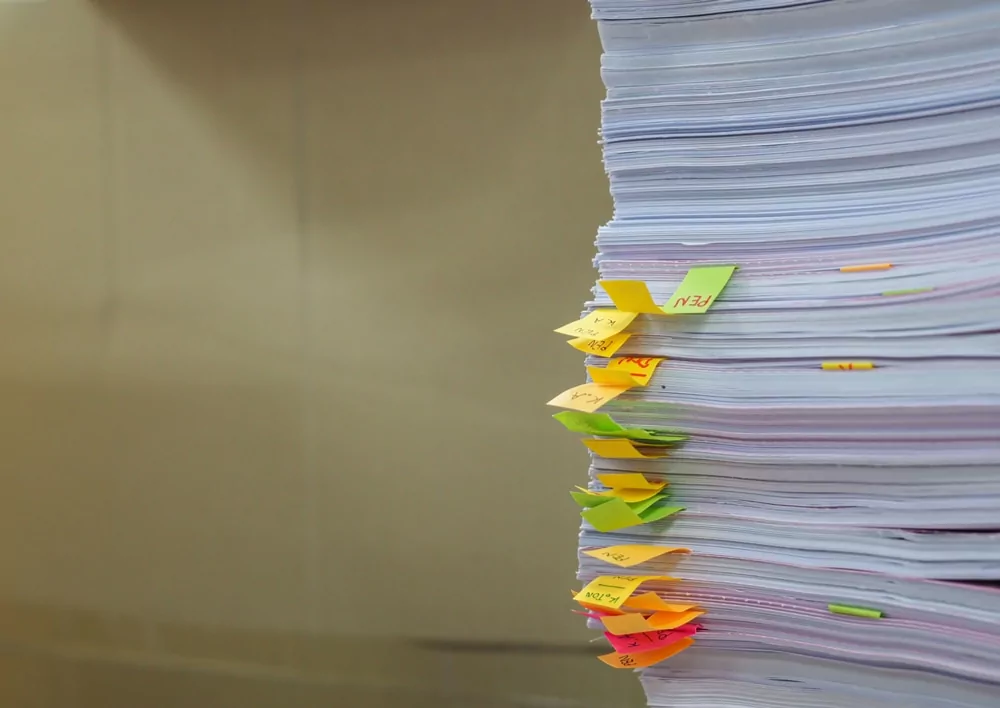Does the will drafter have to seek the executor's approval before responding to a Larke v Nugus request?
When a will drafter is not the named executor and chooses to respond to a Larke v Nugus letter, they must first seek confirmation that neither the named executor nor any other person can make a claim to privilege in the material that is to be disclosed. They will also want to ensure that the executor consents to the disclosure of details relating to the will preparation.
Guidance is set out in the Law Society guidance on Disputed Wills, which was last updated on 11 December 2018. Best practice for a will drafter is to be mindful of their duty of confidentiality and to consider whether privilege belongs to any third parties. It may be necessary to seek authority from third parties to waive privilege before disclosing any details regarding the preparation of the will. Alternatively, it may be appropriate to redact the will file.
Does a Larke v Nugus request need to comply with the General Data Protection Regulations ('GDPR')?
When faced with a Larke v Nugus request, the solicitor will need to consider whether any information in the file is personal data. This includes any information that can identify an individual such as a telephone number or email address. The solicitor will need to take this into consideration and seek consent from the executor.
The GDPR does provide exemptions, for example, if the disclosure is necessary for the purpose of, or in connection with, legal proceedings (including prospective legal proceedings) or for the purposes of obtaining legal advice. Careful consideration on a case by case basis should be given by the solicitor before responding to a Larke v Nugus request.
Is a solicitor obliged to respond to a Larke v Nugus request?
There is no obligation on a solicitor to respond to a Larke v Nugus request. However, the Court supports full and frank disclosure in order to encourage early resolutions to potential claims. If a solicitor refuses to disclose information, they are at risk of an adverse costs order later down the line. It is often more sensible to be co-operative and to avoid attracting criticism from the Court. However, there are circumstances when a solicitor may be justified in not responding if the seriousness of the claim is in question and the request is seen as a "fishing expedition" with no real grounds for a claim.
What can you do if a solicitor refuses to respond to a Larke v Nugus request?
The Court has power under s.122 of the Senior Courts Act 1981 to order persons with knowledge of any document that is or purports to be a testamentary document to attend court and answer questions relating to the document. In addition, under Rule 31.16 of the Civil Procedure Rules, an application for pre-action disclosure can be made.
Can the solicitor charge for dealing with a Larke v Nugus request?
The SRA Conduct of Conduct for Solicitors and the SRA Code of Conduct for Firms do not prohibit charging for the preparation of a Larke v Nugus statement. If a solicitor does decide to charge for preparing a statement, their charges must be reasonable. A solicitor may charge you on an hourly rate basis for the preparation of the statement as well as photocopying charges. It is important to establish this at the outset. Every firm takes a different approach.
Can a Larke v Nugus request be made in relation to a possible claim under the Inheritance (Provision for Family and Dependants) Act 1975?
The purpose of a Larke v Nugus statement is to investigate the validity of the will. It is not appropriate to use it as a tool to elicit information in relation to a 1975 Act claim. However, often a solicitor will investigate all of the circumstances when advising on a 1975 Act claim, including whether the will was validly executed.
Therefore in the interests of full disclosure, and complying with the Court's desire for disputes to be resolved without full litigation, it is usually advisable to respond in the majority of cases. Requests should be considered on a case by case basis.




















